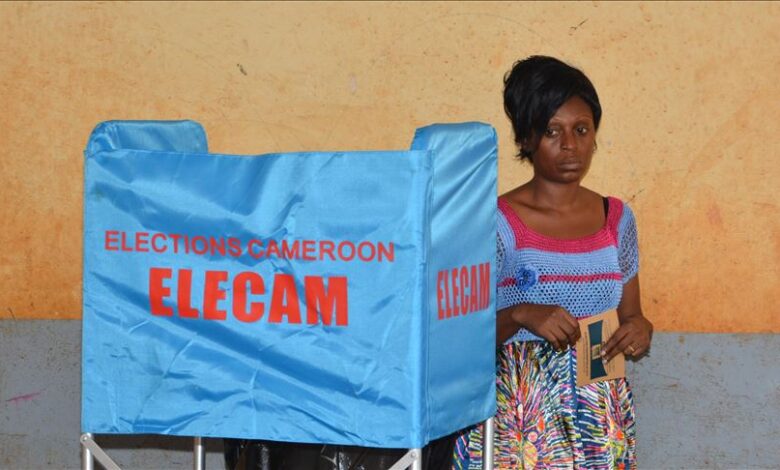
The United Nations has raised serious concerns over the state of democracy in Cameroon just weeks before the country’s presidential election on October 12, 2025.
Authorities are accused of curtailing civic freedoms, intimidating opposition figures, and restricting civil society, casting a shadow over the vote.
Cameroon’s long-serving President Paul Biya, in power for more than four decades, is seeking another seven-year term against twelve other candidates.
However, the UN’s Office of the High Commissioner for Human Rights (OHCHR) has highlighted a “worrying shrinking of civic space” in the country.
High Commissioner Volker Türk warned: “A secure environment conducive to the promotion of human rights is essential for peaceful, inclusive, and credible elections.
It is regrettable that such an environment does not appear to prevail in Cameroon.”
Recent months have seen the banning of political rallies, interruptions of opposition media coverage, and reported intimidation of candidates and supporters.
A television interview with former candidate Dieudonné Yebga on private channel STV was abruptly cut by security forces on August 7, underscoring concerns about fair media access.
The UN also highlighted the arrest of 53 opposition supporters outside the Constitutional Council in Yaoundé on August 4. Accused of disturbing public order and rebellion, they were later released.
Türk said: “They simply shouldn’t have been arrested for exercising their right to freedom of expression and peaceful assembly.”
Civil society organizations are similarly under pressure. Since December 2024, three NGOs have been suspended and two banned, while others face restrictions on funding.
The UN called on the government to cease “repressing the essential work of civil society organizations and the media.”
At the same time, the OHCHR urged Yaoundé to address disinformation, hate speech, and incitement to violence, which could further compromise the integrity of the electoral process.
With the election date fast approaching, the UN’s warnings highlight the precarious balance between governance and democratic freedoms in Cameroon.
Observers are closely watching whether authorities will create an environment where voters can freely exercise their rights, or whether the campaign will be marred by repression and unequal competition.



